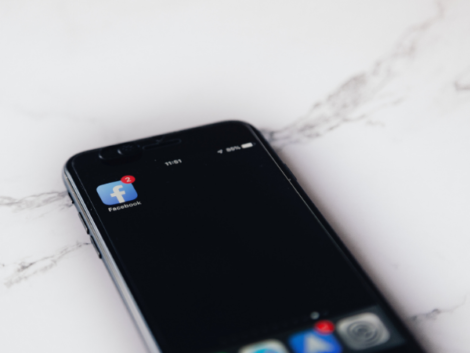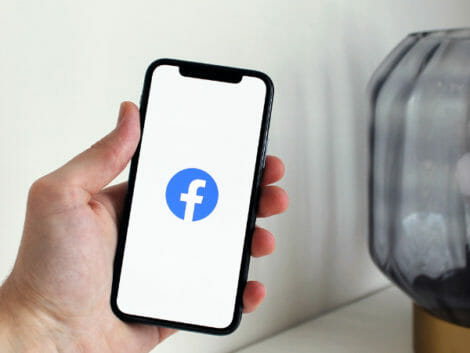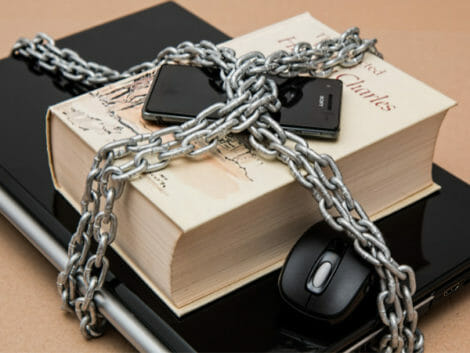How to Report a Facebook Hack
Your account might be safe right now, but it’s best to know how to report a Facebook hack. There are over 2.89 billion Facebook users right now, so there’s no way data breaches won’t happen. Fortunately, this social media platform can help you. It’s open to many people, so it increases the chance that a hacker might be among them.
It will guide you through the reporting process and immediately secure your account. Of course, the best thing to do is avoid a Facebook hack in the first place. This means putting layers of security around your account by activating certain features. What’s more, you will also have to handle your sensitive data responsibly by following the tips later.
First, let’s talk about confirming a Facebook hack before reporting it. Then, we’ll go through the steps of notifying the social media platform. It won’t take long, though, because, as I said, Facebook will guide you in every step until you complete the process. More importantly, we will discuss how you can protect your account from hacks.
What should I do if my Facebook account gets hacked?

If you suspect that someone got into your Facebook account, calm down. Then, find out why you think you’ve been hacked. Is it because you can’t log in?
If that’s the case, read the message that appears after you click the Login button. It might be saying “wrong username or password”!
That could happen if you panicked and frantically punched in your login credentials several times. Otherwise, perhaps someone else like your kids tried to enter repeatedly.
If these match what happened, then there’s probably no account hacking that took place. Just change your password, lock your phone with a PIN code, and keep it away from your kids.
If the problem persists, then a Facebook hack likely happened. Look for the following signs to confirm that your account has been compromised:
- Your email address or password changed
- Your account page doesn’t show your name or birthday
- You see friend requests to people that you don’t know
- You see messages sent that you didn’t write
- Your account page has posts that you didn’t create
If these apply to your situation, go to the Facebook Help Center, Policies and Reporting, and then Hacked and Fake Accounts.
Click Hacked and Fake accounts, and then “visit this page.” Alternatively, you could just enter “www.facebook.com/hacked” on your address bar and hit Enter.
Then, follow these steps:
- Select “I think my account is compromised,” and then click Continue.
- Complete the steps that Facebook will provide, such as changing your password, replacing your email password, verifying your changes, and unlocking your account.
- After all, that, click Done.
What should I do after reporting a Facebook hack?

Sometimes, Facebook itself gets breached, and the person who did it gets away with so much sensitive data, including yours. Let’s take the one that happened this year.
The person who pulled off that one got away with data from over 530 million Facebook users. CyberScout founder Adam Levin said the hackers got phone numbers in particular.
While they didn’t take financial info or passwords, Levin said scammers could already do much with that information. Facebook hacks don’t always reach this scale, though.
Regular folks could get into a few people’s accounts, such as yours. You could make it harder for those people to get into your account by these steps:
Change your password on the desktop
- Click on the down arrow on top of the page.
- Select Settings & Privacy.
- Click on Settings.
- Head to the upper-left corner of the page and select Security and Login.
- Look for the options under Login and then click Edit.
- Change your password.
Change your password on your mobile.

- Click on the button with the three lines found in the right-hand corner.
- Scroll down to the Settings & Privacy.
- Click on Settings.
- Select Security and log in that is under Security.
- Click the Edit button found under the Login options.
- Change your password.
Log out all your sessions.
- Click on the button with the three lines found in the right-hand corner.
- Scroll down to the Settings & Privacy.
- Click on Settings.
- Select Security and log in that is under Security.
- From there, look for the section named “Where you’re logged in.”
- Click Log Out of All Sessions.
Two-factor authentication
- Go to Settings.
- Select Security and Login
- Click on Two-Factor Authentication.
You might want to use a different number for this, though. The recent Facebook breach involved phone numbers, which means scammers may use that number for their schemes.
After all these steps, let all your friends and family know about the Facebook hack. This will prevent them from falling victim to the hacker too.
Other ways to prevent a Facebook hack

Account security starts with you, though, meaning you should be responsible when using social media. First, make sure your password is secure.
Websites have strict password requirements for your safety. If it’s too obvious, hackers will have an easier time getting into your social media account.
A strong password is usually a combination of capital letters, lowercase letters, and special characters like exclamation points and question marks.
Next, you should be careful when handling your login details. Don’t tell anyone about your username and password. It’s good to have backups but keep those away from other people.
Also, avoid sharing personal information in your public posts. For example, you’d be surprised how much people can do with just your phone number. Here are the other ones you should secure:
- Home address
- Email address
- Birthday
- Answers to security questions. For example, a typical one is “What is the name of your childhood pet?” If that’s your security question, don’t drop the name in a post.
Related Articles
Final thoughts
If you suspect your Facebook account is hacked, report it immediately to the social media network. This will prevent the hacker from using it.
Also, you should take steps to secure your account in the first place. This means having a strong password and being careful about what you post on the internet.
The steps we talked about aren’t just for Facebook, though. Using those steps, you could also prevent your other social media accounts from being hacked.
If you are interested in content marketing, please email [email protected]














